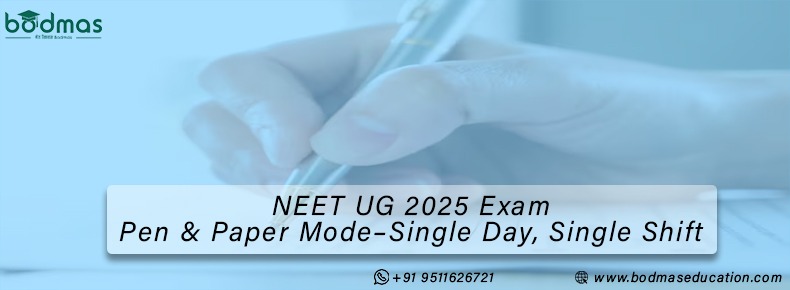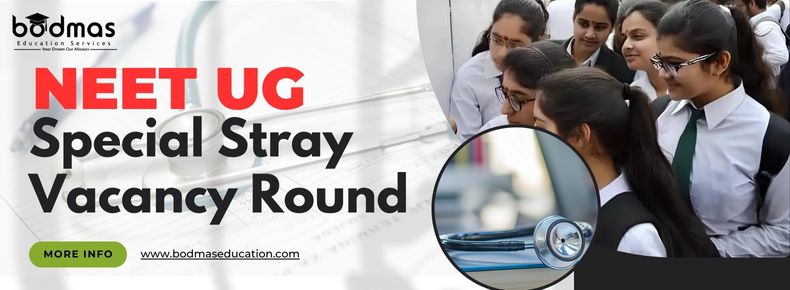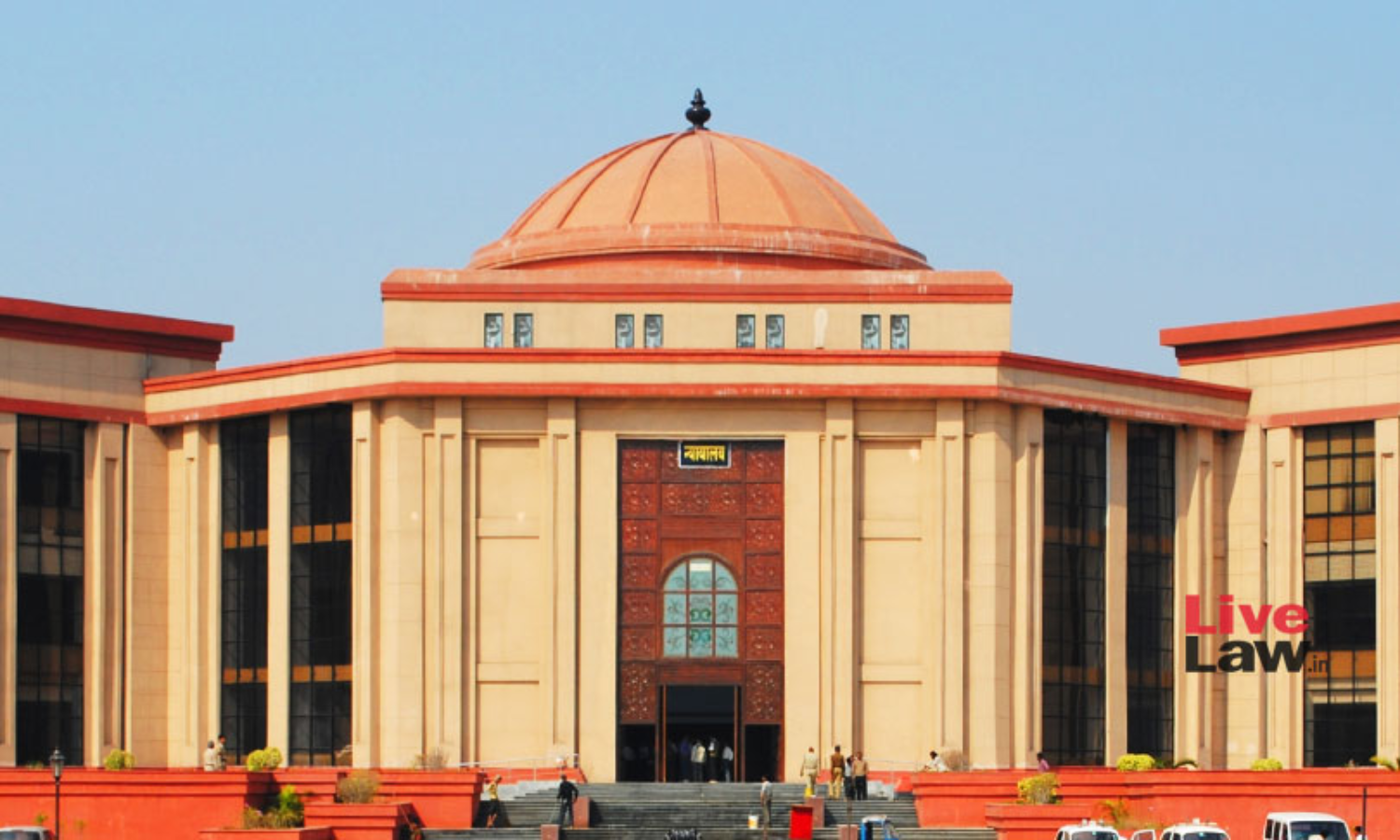NEET UG 2025 to Be Conducted in Pen & Paper Mode – Single Day, Single Shift
In a significant announcement today, the National Medical Commission (NMC) has revealed that the National Eligibility-cum-Entrance Test (NEET UG) 2025 will be held in a pen and paper (OMR-based) format. This shift from the previous digital formats to a traditional paper-based exam has raised eyebrows across the education sector.
The exam will be conducted in a single day and a single shift, marking a major departure from the usual multi-day, multi-shift exams. This new format will affect millions of aspirants seeking admission to undergraduate medical and allied courses in India.
What Does This Change Mean for Aspirants?
Since 2019, the NEET UG exam has been conducted by the National Testing Agency (NTA) on behalf of the NMC, primarily in a computer-based mode. The shift to pen and paper is a notable change, with implications for both the logistics of the exam and the way students prepare.
The move to a single-day, single-shift exam format raises significant concerns, particularly regarding the logistical challenges and pressure on students. With over 20 lakh candidates expected to appear for the exam, conducting it in a single shift on a single day could lead to overcrowding and may present difficulties in managing large numbers of test-takers in exam centers across the country.
MNS Aspirants Now Required to Qualify Through NEET UG 2025
the Military Nursing Service (MNS) aspirants seeking admission to the B.Sc. Nursing courses at the Armed Forces Medical Services hospitals will now be required to qualify through the NEET UG 2025 exam. This marks the first time that MNS candidates will need to take the national entrance exam, which was traditionally used for admission to undergraduate medical courses.
Previously, the MNS had its own separate entrance examination for admission to the B.Sc. Nursing courses. However, with this new rule, NEET UG 2025 scores will be the sole criteria for selection into the four-year B.Sc. Nursing course for the Indian Armed Forces.
The NMC has cited the need for a “uniform” and “common” exam for all medical courses as a reason for this shift to the pen and paper format. While it is still unclear why this move was made after several years of successful digital examinations, the NMC and NTA are working to ensure that the transition back to a paper-based system is smooth.
NEET UG 2025: Preparation Tips and Exam Pattern
| Particulars | Details |
| Subjects | Physics, Chemistry, Biology (Botany & Zoology) |
| Total Questions | 180 (45 questions each in Physics, Chemistry, and Biology) |
| Duration | 3 hours 20 minutes |
| Total Marks | 720 (4 marks for each correct answer) |
| Negative Marking | -1 mark for each incorrect answer |
| Mode of Exam | Pen and Paper (OMR-based) |
NEET UG Preparation Tips:
1. Understand the Syllabus: Focus on the NCERT syllabus and key topics.
2. Create a Timetable: Allocate time for each subject and stick to the schedule.
3. Strengthen Basics: Focus on core concepts in Physics, Chemistry, and Biology.
4. Practice Mock Tests: Take regular mock tests to improve speed and accuracy.
5. Revise Regularly: Make time for weekly and monthly revisions.
6. Solve Previous Year Papers: Get familiar with the exam pattern by solving past papers.
7. Stay Healthy: Maintain a balanced diet, exercise, and sleep well.
8. Manage Time: Practice time management during mock tests to avoid stress.
9. Stay Positive: Stay confident and focused on your goal.
As the date for NEET UG 2025 draws closer, the sudden shift to a single-day, single-shift, pen and paper exam is leaving students, parents, and educators in suspense. While the official announcement from the NMC and NTA aims to standardize the process for all medical and allied course aspirants, it remains to be seen how this change will play out on the ground.




















